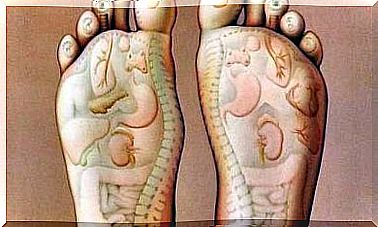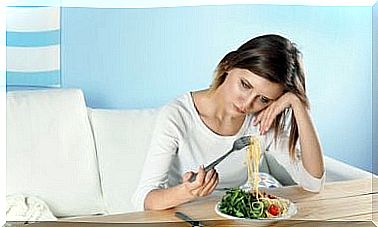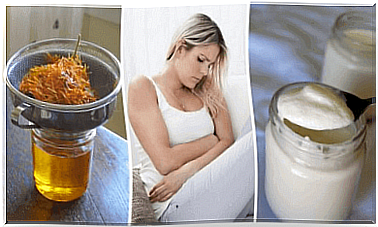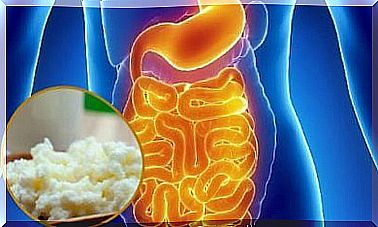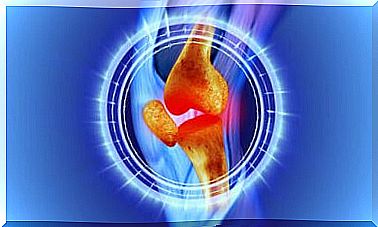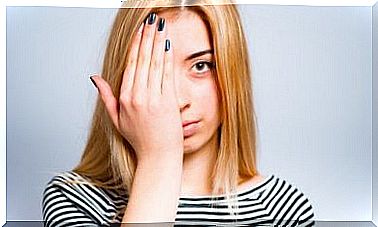Don’t Give These 8 Foods To Your Baby
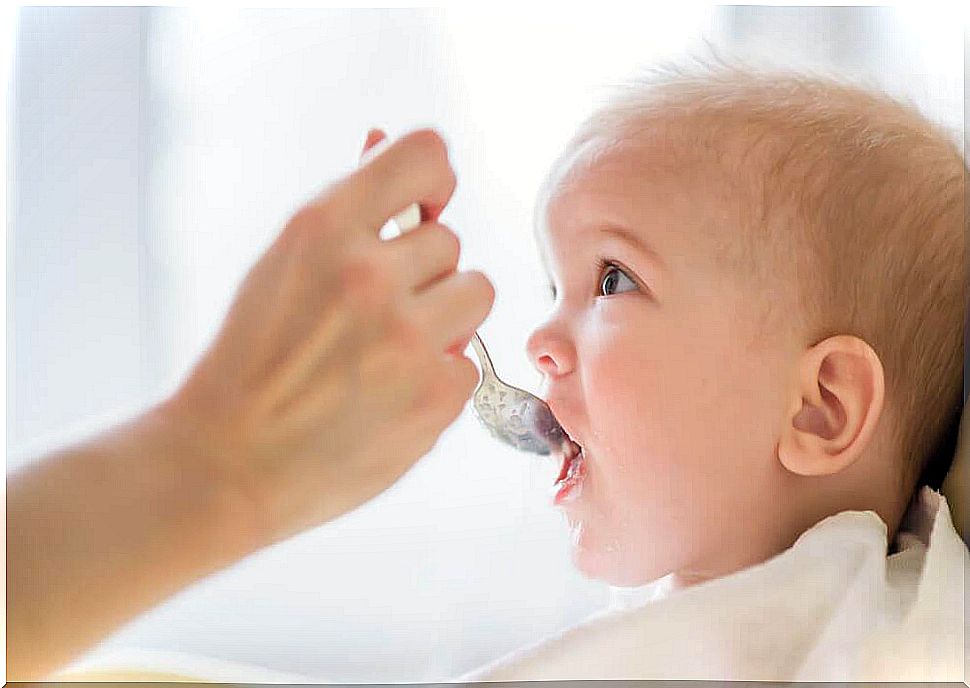
The list of foods that should not be given to the baby is worth its weight in gold. As a child develops, it is important to care for and protect him or her well.
The most complete and nutritious food for a baby is, of course, breast milk. However, it is necessary to include some other foods depending on the stage of development of the baby.
The ideal age to start tasting food is about six months. This will allow the baby to stay put and eat new foods properly.
In general, a baby’s diet includes simple and light foods such as fruits and vegetables in the form of purees. Parents should be careful with products that should not be given to the baby as they may damage the child’s body.
Foods that should not be given to a baby under 1 year of age
There are some products that are completely banned in the baby’s diet. The following list serves as a basis for meal planning.
1. Sugar
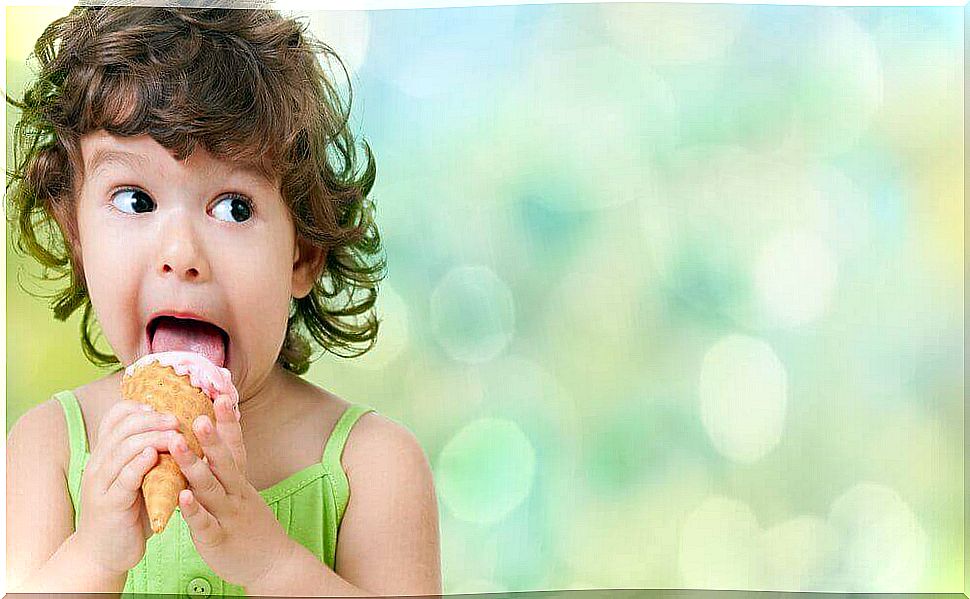
The harmful effects of sugar are commonly known. Avoid adding sugar to milk or other foods, otherwise you will get your baby used to eating sweet foods.
The baby’s palate is not yet fully developed, so he is unable to distinguish sweet foods from others. Take advantage of this!
- If you want to sweeten your baby’s foods, use crushed bananas or a small amount of breast milk to avoid early sugar addiction.
2. Honey
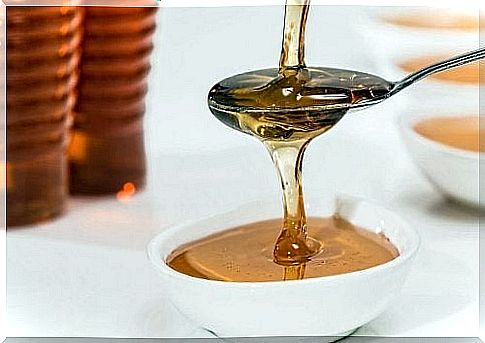
While it may seem like a good idea to use a natural product to sweeten your baby’s food, honey should not be used as a substitute for sugar.
Babies under one year of age in honey are at risk for botulism (an intestinal disease that causes constipation and can make breastfeeding difficult, or can even be fatal).
3. Salt
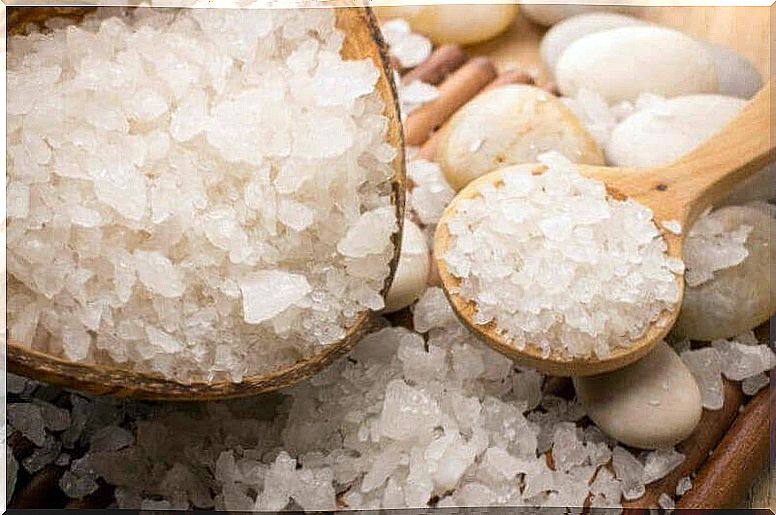
Just like the previous two products, salt improves the taste of food, but it should not be included in a baby’s diet until he is at least a year old. It can otherwise be a serious problem for your baby’s kidneys.
In a baby, these organs are not developed enough to handle large amounts of salt. You can add salt to your food in moderation after your first birthday has passed.
4. Fish and shellfish
Although fish is a very healthy source of protein, it is not recommended for babies. Namely, some fish species contain a lot of mercury, which can have a very detrimental effect on a child’s nervous system.
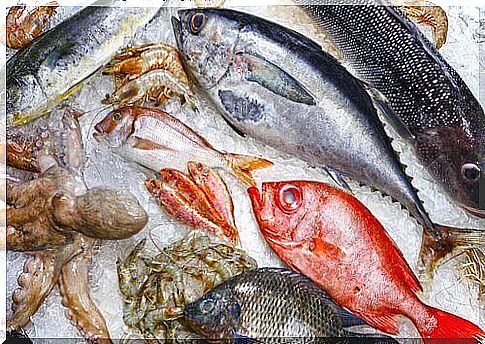
It is also not advisable to feed the baby shrimp or other crustaceans, as their cadmium levels can negatively affect kidney development and function.
5. Low-fat dairy products
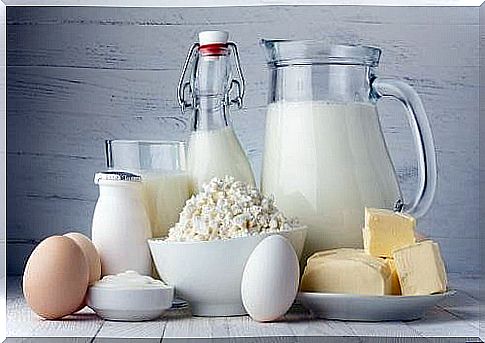
While regular milk drinking is no substitute for breast milk, it is a good idea to give your baby some products that contain healthy animal fats. These include, for example, yogurt and cheese in moderation.
However, skimmed dairy products should be avoided as fat is an important source of vitamins and calories.
6. Some vegetables
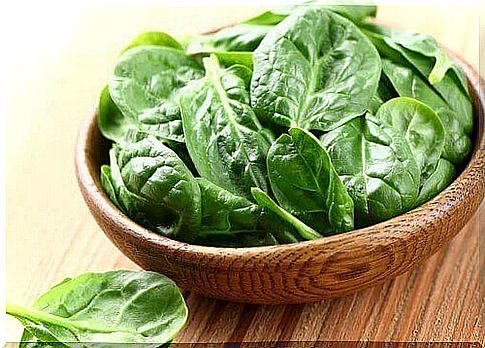
It is true that a child should get vegetables in order for the body to get nutrients and vitamins. However, vegetables that should never be given to a baby include:
- leaf chard
- spinach
- seaweed
These vegetables are rich in nitrates, which causes methaemoglobinaemia – a disease that involves the skin turning bluish and affecting the mucous membranes as well as reducing the amount of oxygen in the bloodstream.
7. Caffeinated beverages
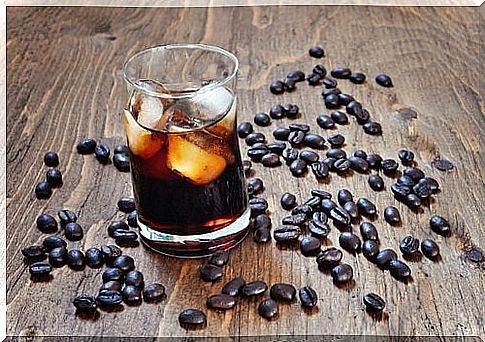
Some parents are unaware of how harmful caffeinated beverages can be to a baby. Coffee, carbonated beverages, and tea can contain large amounts of caffeine and other added substances that prevent the baby’s body from absorbing iron and calcium. They also cause too much stimulation of the baby’s nervous system.
8. Nuts and ready-made snacks
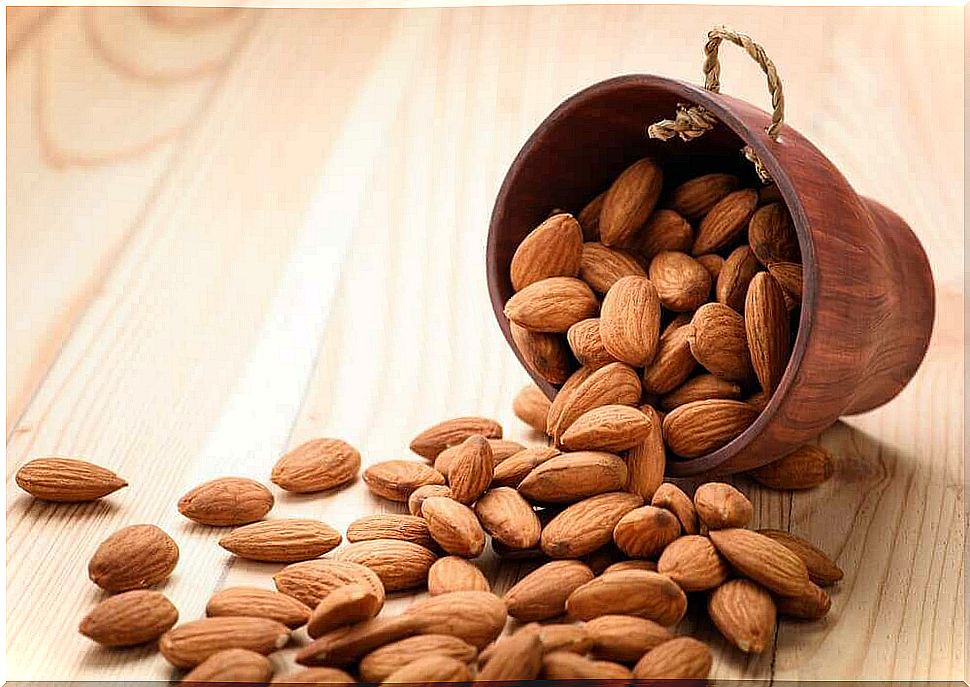
Do not give your baby nuts if he is less than a year old, as there may be a risk of suffocation. Nuts can be added to a child’s diet when he or she is at least five years old, and only under supervision.
It is also not a good idea to let your baby eat chips, fried foods or any other industrial products, for example. These often contain large amounts of sugar or salt as well as other additives that can harm a small amount of health. Of course, they are not recommended to be offered even after your first birthday, so wait as long as possible to introduce them.
It is important to be careful with your baby’s diet when he or she is still very young. When you start adding solid foods to your meals, make sure they don’t have any side effects on your child’s health. If you are unsure about anything, ask your doctor.
Don’t forget these basic tips if your home is under one year old!

